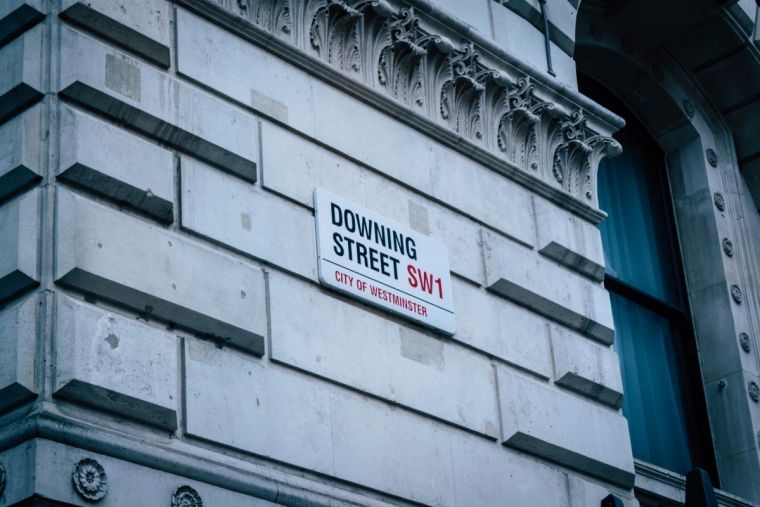British politics is in need of some salt

There's no denying it: Boris is a clever wordsmith and clearly aware that what we say – or don't say – can have profound effects. Sadly, and not for the first time, his relationship with the truth has come under intense scrutiny.
Not that I think that keeps him awake at night. A combination of bluster, a thick skin and the confidence that oozes from those who have grown up thinking they have been born to rule, all combine to keep a smile on his face and a spring in his step.
I know he is no communist but I sometimes wonder if he would identify with Chairman Mao, whose study of history convinced him that the rules didn't apply to people like him.
So, is the Prime Minister a liar? I don't know, although I was fascinated to find the BBC's Laura Kuenssburg quoting a former minister who said, "The PM treats facts like he treats all his relationships - utterly disposable once inconvenient."
He cleverly avoids dealing with tricky issues too, as his recent encounters with both the press and the leader of the opposition have shown. Of course, he paid for the curtains himself! But who, we keep asking, paid for them initially? But then, you don't have to lie if you answer a different question to the one that was asked. What saddens me most however, is the fact that stonewalling is not just a Johnsonian tactic, it appears be a popular one too.
This kind of behaviour is not new of course. It was as common in Jesus' day as it is in ours, which is why He told His followers that they should let their yes be yes and their no, no, because anything beyond that 'comes from the evil one'. This should be the gold standard by which we measure our speech. As John Stott wrote, 'Christians should say what they mean and mean what they say. Our unadorned word should be enough.'
Ah, I hear you say but Jesus was addressing those who were seeking to be His disciples and we have no way of knowing if Boris would even want to be included in that number. It's for that very reason I would like to challenge all those MPs and peers who claim to be Christians to take this issue more seriously.
Let me quote Stott again when reflecting on our calling to be the salt of the earth.
"God," he writes, "intends us to penetrate the world. Christian salt has no business to remain snugly in elegant, little ecclesiastical salt cellars; our place is to be rubbed into the secular community as salt is rubbed into meat to stop it going bad. And when it does go bad we Christians tend to throw up our hands in pious horror and reproach the non-Christian world; but should we not rather reproach ourselves? One can hardly blame unsalted meat for going bad. It cannot do anything else. The real question to ask is: where is the salt?'
And so I ask, 'Where is the salt in the Houses of Parliament and in our political parties? Why have we heard so little about the need for straight talking and honest encounter?'
I wonder what would happen if every Christian MP and every peer stood up and declared they are no longer willing to accept the kind of politics that refuses to tell the truth, the whole truth and nothing but the truth – without spin and without verbal gymnastics.
Rob James is a Baptist minister, writer and church and media consultant to the Evangelical Alliance Wales. He is the author of Little Thoughts About a Big God.











